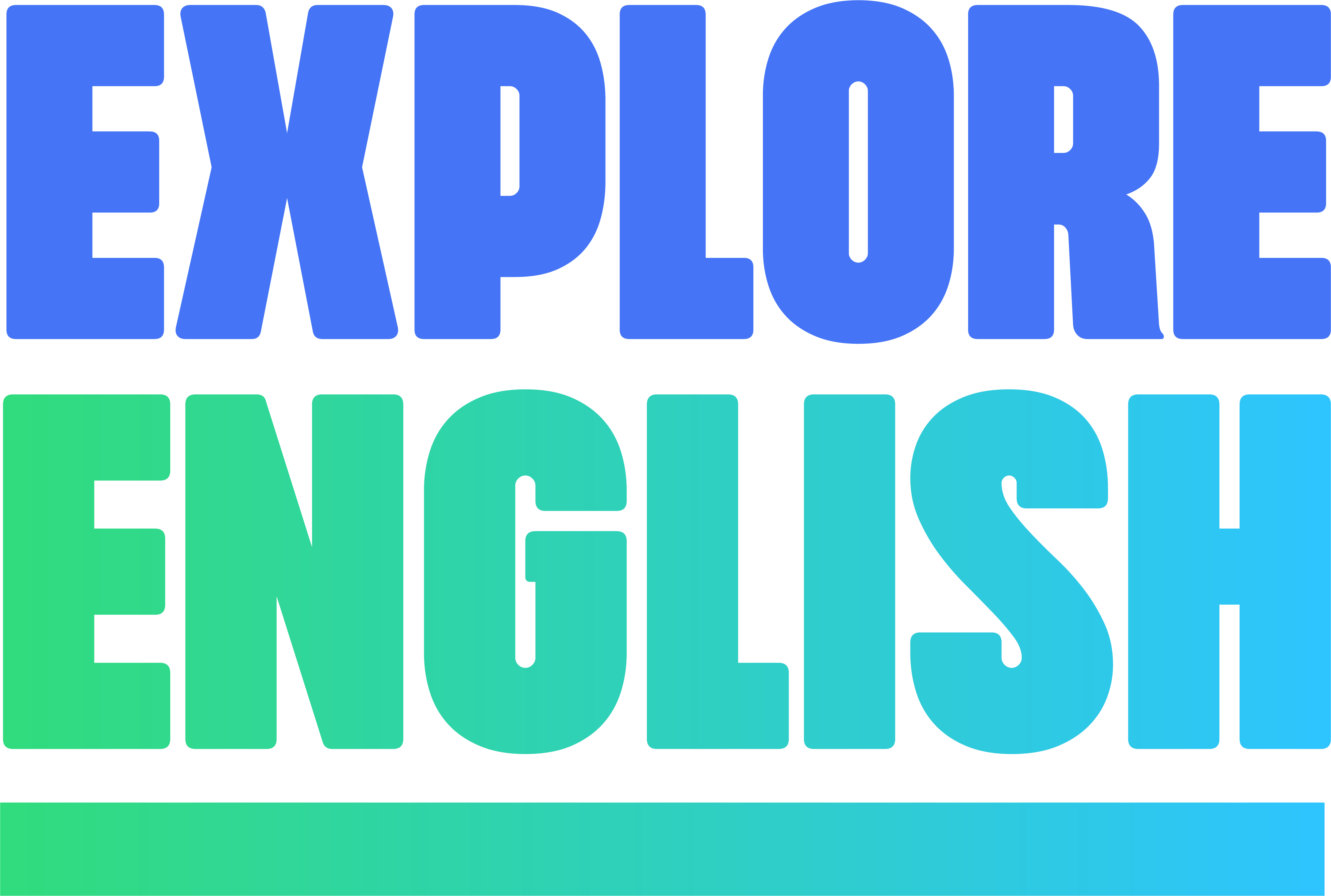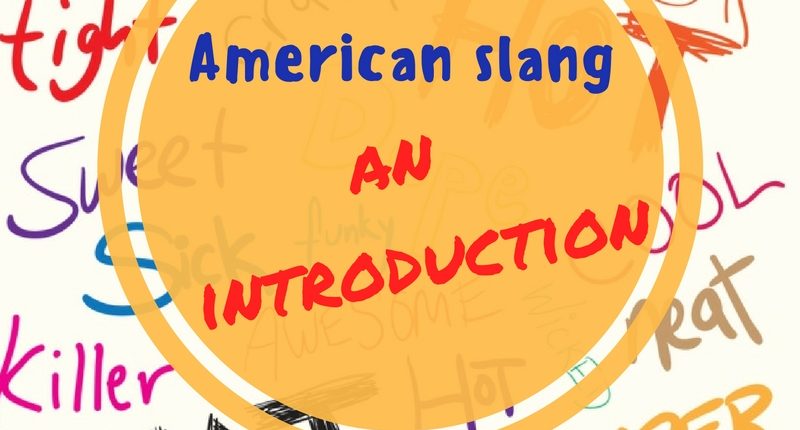By Joseph DeMarini
All languages have slang, but English may have one of the most diverse vocabularies of any in the world, simply because it is spoken in so many countries—from Cockney rhyming slang in the UK to the outback of Australia, there are often words only understood by speakers who grow up around these unique takes on the English language. However, American English (and by extension, slang) is a bit different than these due to its prominence on a global scale, mostly thanks to the output of the American film, television and music industries. American English is also the most commonly spoken version of first-language English in the world at around 64%–that’s more than all of the other native English-speaking countries combined! If you include the similar Canadian accent, that number reaches nearly 70%, so it’s no wonder ESL learners often find American accents the easiest to understand!
Our slang, on the other hand, is an entirely different matter, as even native speakers from other countries have difficulties from time to time. This article could talk about how in America we say “elevator” instead of “lift,” or “garbage can” instead of “rubbish bin,” and spell “color” without that darn “u” (as in ~colour~), but I’d like to dig a little deeper into some everyday phrases that’re difficult to understand without a little background knowledge. Get hyped (excited)!
Let’s start simple with the word dude. I use the word dude all the time, and it’s pretty easy to understand. Originally, it meant a male person, but now it’s more or less gender neutral (though sometimes you may hear dudette for females), and is most commonly heard in the expression, “Hey dude, what’s up?” Another word I use on the daily (regularly) is dope. The word dope has some shady (suspicious) origins, but now means cool or awesome, as in, “That’s a dope song, dude.” A common expression you’ll hear in the American South is y’all, which is short for “you all” and is used in place of the plural you subject pronoun. Say it with me now: “Y’all understand me so far?” Good! Let’s take it to the next level.
For the romantics out there, go Dutch is most definitely an important phrase to know. You’re on the Tinder date of a lifetime, and suddenly your date says, “That was a lovely dinner. Let’s go Dutch!” You panic—what does it mean!? Fear not, because you will remember this blog for all your life! Go Dutch simply means to split the bill between the two of you—to go 50/50 or halvsies (half and half).
Date not going so well? Done something wrong? You should plead the fifth! This is a super American expression that references the Fifth Amendment of our Constitution, or governing document—it states that a person “shall [not] be compelled in any criminal case to be a witness against himself,” which means that if you’ve done something wrong and someone catches you, you don’t have to answer their questions: “Did you eat my dessert while I was in the bathroom!?” “Hey dude, I plead the fifth!”
Well, it’s been a blast (a lot of fun) teaching you these words and phrases we use on the daily in the States, but I’m afraid it’s time for me to bail (leave) cause I gotta (must) crash (sleep). If we were being formal, I would say “goodbye,” but I think I can call us buds (friends) now, so instead I’ll just say this: peace out!





